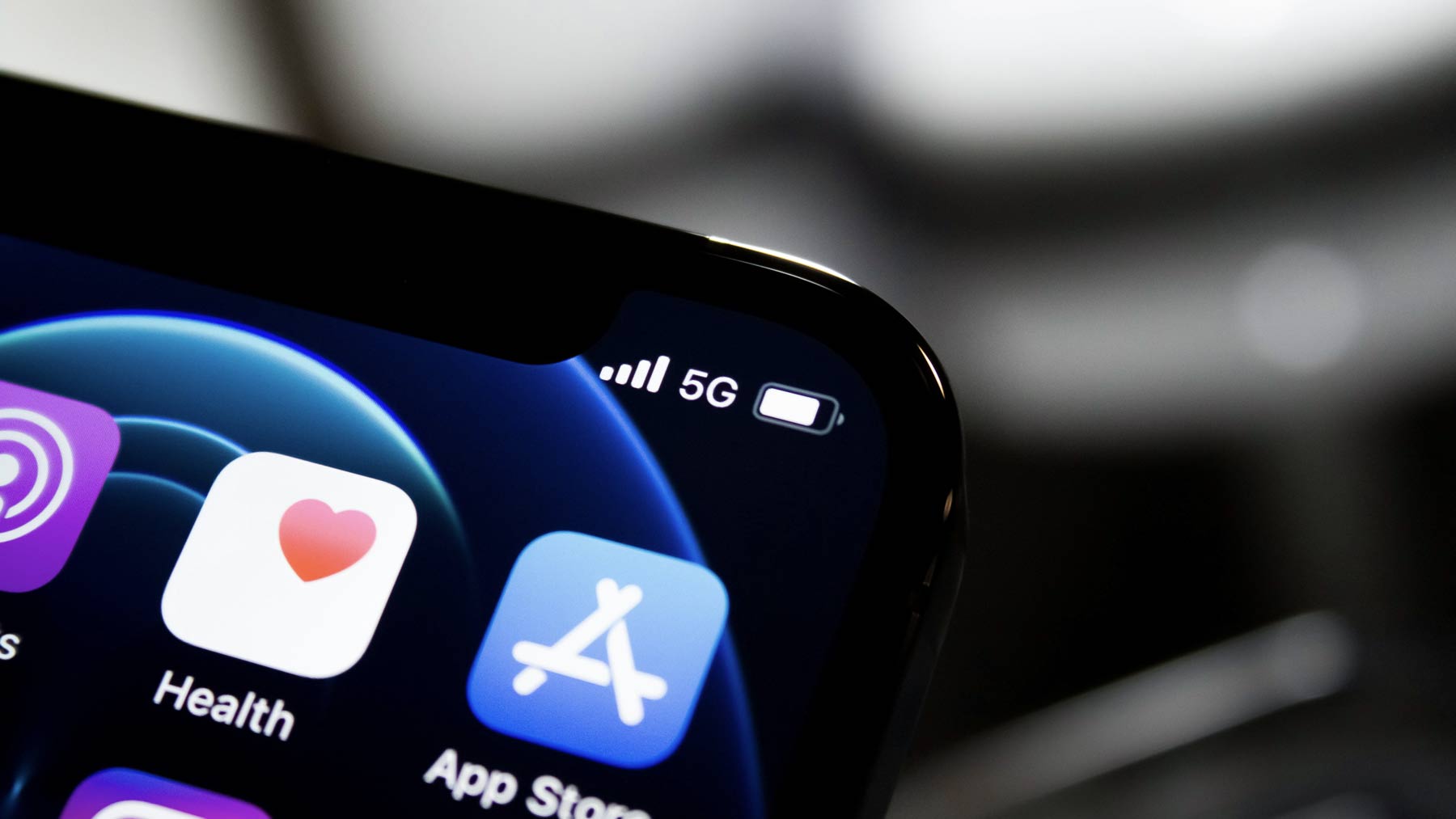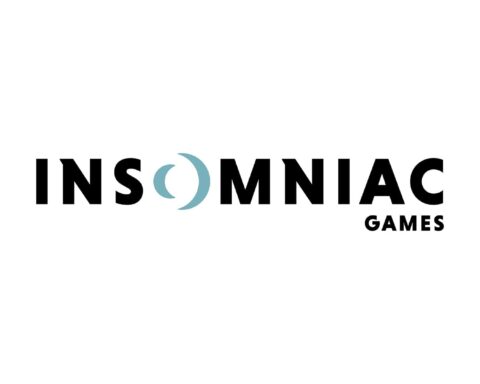The tech world is buzzing with the latest clash between Epic Games, the creator of Fortnite, and Apple, the tech giant behind the App Store. The growing tensions between app developers and platform holders raise important questions about competition and fairness in the digital marketplace.
Epic’s Move
Epic Games recently attempted to launch its own app store, aiming to provide an alternative to Apple’s App Store on iOS devices. This move is part of Epic’s broader strategy to challenge Apple’s tight control over app distribution and its 30% commission on in-app purchases. However, Apple swiftly rejected Epic’s app store application, citing its similarity to the existing App Store.
Apple’s Rejection
Apple’s decision to reject Epic’s app store was based on its stringent guidelines prohibiting apps from duplicating its offerings’ core functionality. Apple argues that these guidelines are necessary to maintain a safe and high-quality user experience on its platform. However, Epic Games views this rejection as a deliberate attempt to stifle competition.
Legal Battle
In response to Apple’s rejection, Epic Games lashed out, calling Apple’s actions “arbitrary” and “obstructive.” Epic argues that Apple’s behavior is anti-competitive and violates European Union (EU) regulations aimed at ensuring fair competition. This dispute is part of a larger legal battle that began in 2020, when Epic introduced a direct payment system in Fortnite to bypass Apple’s commission fees. This move led to Fortnite being removed from the App Store and sparked lawsuits in multiple jurisdictions.
Epic Games is leveraging the EU’s regulatory framework to bolster its case against Apple. The EU has been working on the Digital Markets Act (DMA), which seeks to curb the power of dominant tech platforms and promote fair competition. Epic argues that Apple’s rejection of its app store violates these upcoming regulations, which are designed to prevent market abuses by dominant companies.
Both companies have been vocal about their positions. Epic Games presents itself as a defender of fair competition and consumer choice, striving to break Apple’s monopolistic hold on app distribution. On the other hand, Apple maintains that its policies are crucial for user safety and a consistent user experience.
The clash between Epic Games and Apple is more than just a corporate spat; it highlights the complex dynamics of modern digital marketplaces. As regulators worldwide scrutinize the power of big tech companies, the outcome of this battle could have significant implications for the future of app distribution and competition in the tech industry. Whether Epic’s challenge will lead to a more level playing field or reinforce the status quo remains to be seen, but it’s clear that the fight for control over the app ecosystem is far from over.





